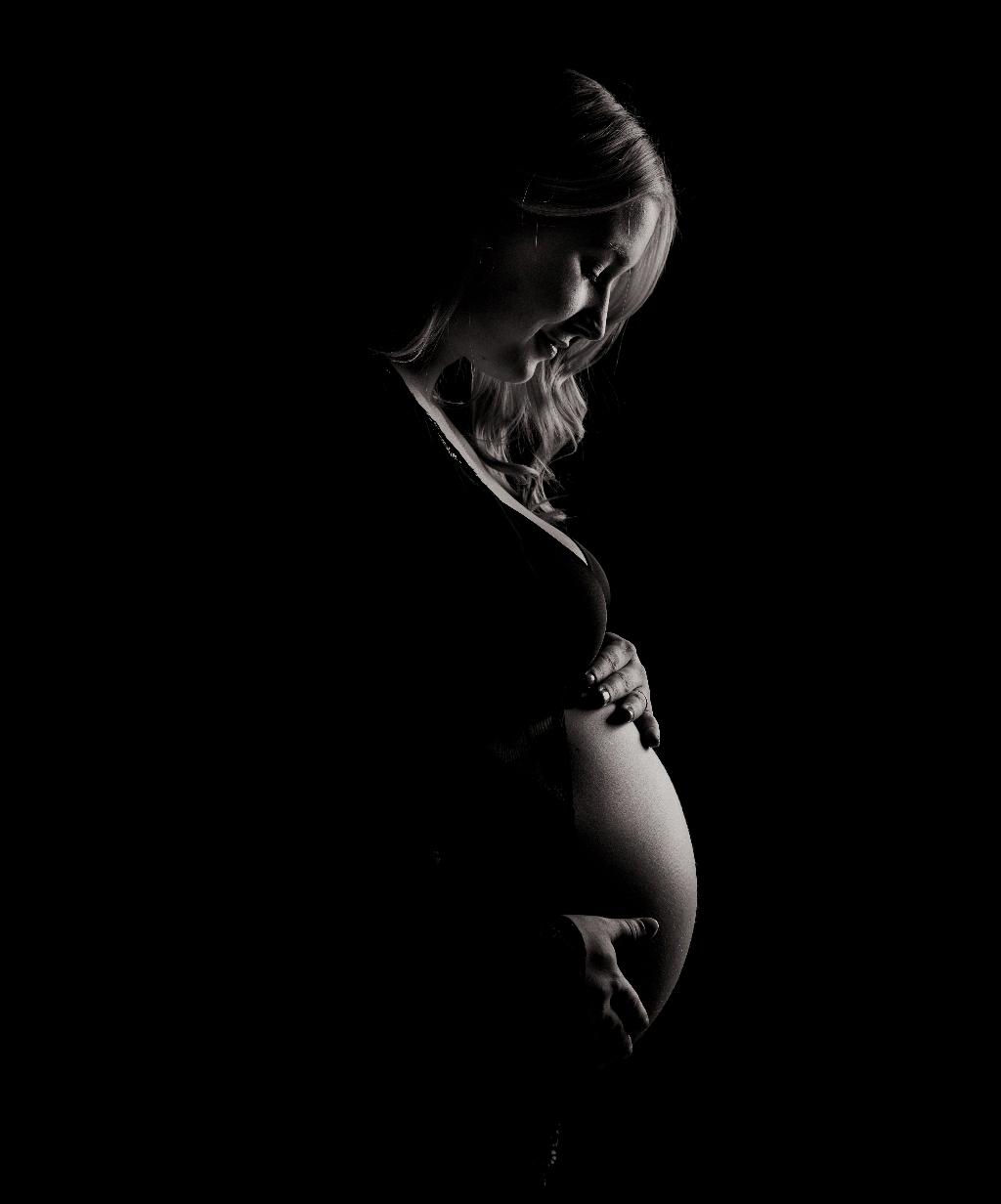For many women, the discovery of pregnancy is a time of joy and excitement. However, it can also be a time of uncertainty and worry, especially if unexpected symptoms arise. One common concern is experiencing cramping similar to menstrual cramps despite being pregnant. This phenomenon can be puzzling and even alarming, but it is essential to understand that cramping during pregnancy is not uncommon.
Implantation and Early Pregnancy Symptoms
One of the primary reasons why you may experience cramping like your period while pregnant is due to the process of implantation. When a fertilized egg attaches itself to the lining of the uterus, some women may feel mild cramps along with other symptoms such as bloating and constipation. These symptoms can mimic those of menstruation, leading to confusion.
Hormonal Changes and Uterine Growth
During early pregnancy, your body undergoes significant hormonal changes that help support the developing fetus. These hormonal fluctuations can cause your uterus to expand and grow, which may result in cramping sensations. Additionally, increased blood flow to the pelvic region can further contribute to cramping discomfort.
Round Ligament Pain
Another common cause of cramping in pregnant women is round ligament pain. As the uterus expands to accommodate the growing baby, the ligaments that support it stretch and thin out, leading to sharp or dull aches in the lower abdomen or groin. This type of cramping is typically more noticeable during sudden movements or changes in position.
Gas and Constipation
Gas and constipation are frequent gastrointestinal issues during pregnancy that can also contribute to cramping sensations. Hormonal changes slow down digestion, leading to bloating, gas buildup, and constipation, which can result in abdominal discomfort and cramping similar to menstrual cramps.
Braxton Hicks Contractions
As your pregnancy progresses, you may experience Braxton Hicks contractions, also known as “practice” contractions. These sporadic, irregular contractions help prepare your uterus for labor but can sometimes be mistaken for menstrual cramps. Unlike true labor contractions, Braxton Hicks contractions are typically mild and do not indicate labor is imminent.
When to Seek Medical Attention
While cramping during pregnancy is often normal and expected, there are instances where it may indicate a more serious issue. If you experience severe or persistent cramping, especially accompanied by vaginal bleeding, fever, chills, dizziness, or other concerning symptoms, it is crucial to contact your healthcare provider immediately for evaluation and appropriate care.
Managing Cramping Discomfort
To alleviate cramping discomfort during pregnancy, you can try various strategies such as staying hydrated, eating fiber-rich foods to prevent constipation, practicing gentle exercise or yoga, using heating pads or warm baths for relaxation, and maintaining good posture to reduce strain on your ligaments and muscles.
Emotional Support and Self-Care
Dealing with cramping while navigating the ups and downs of pregnancy can be emotionally taxing. It is essential to prioritize self-care and seek emotional support from your partner, family, friends, or a healthcare professional if you feel overwhelmed or anxious. Remember that experiencing cramping is a natural part of the pregnancy journey for many women.
Every Pregnancy Is Unique
It is crucial to remember that every pregnancy is unique, and the symptoms you experience may vary from those of other women. While cramping can be unsettling, especially when it resembles menstrual cramps, it is often a normal part of the pregnancy process. Trust your body, listen to its signals, and seek guidance from your healthcare provider if you have concerns or questions.
Final Thoughts
In conclusion, experiencing cramping like you’re on your period while pregnant can be disconcerting, but it is usually not a cause for alarm. Understanding the various reasons behind cramping during pregnancy, from implantation and hormonal changes to ligament pain and Braxton Hicks contractions, can help you navigate this phase with more confidence and reassurance. Remember to prioritize self-care, seek support when needed, and trust in your body’s ability to adapt and nurture new life.

